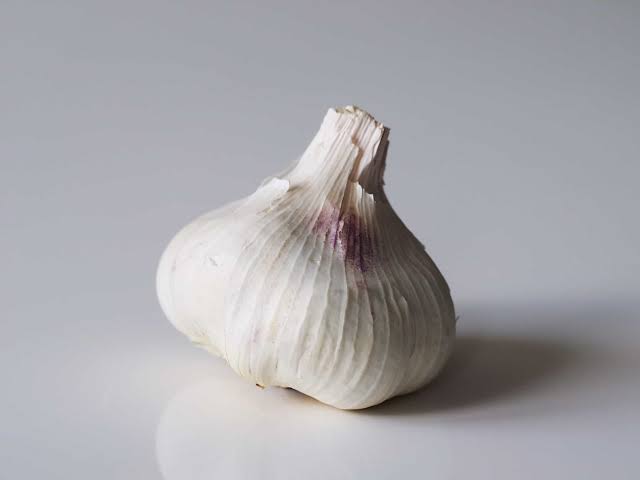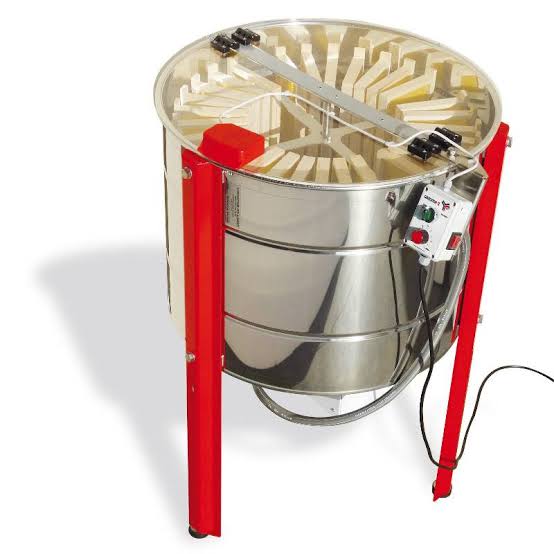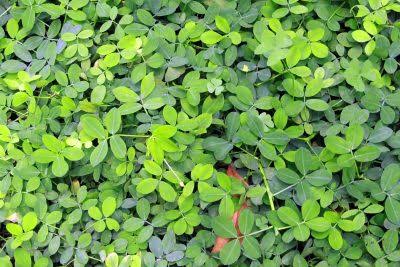
Farmers who grow garlic can fight over ten pests and diseases linked to destruction of crops which may cause big losses on the farmers’ farms.
Garlic is among other crops which has ability to fight pests and diseases. It has an anti-feedant (insect stop feeding), bacterial, fungicidal, insecticidal, nematicidal and repellent properties according to Infonet-Biovision organization which provides agricultural database with scientific and practical validated information and knowledge.
It is for this reason garlic is widely cultivated and easy to grow in field, garden or backyard and appreciated as a seasoning or suppliment for cooking owing its medicinal properties.
Related News: Garlic farming and marketing
Related News: Young Timau farmer moves from joblessness to earning Sh100,000 from garlic
Unlike commercial pesticides which are harmful to human and animals, garlic is preferred in organic farming because it is reportedly effective against a wide range of disease-causing pathogens and insects at different stages in their life cycle.
These pests and diseases include ants, aphids, armyworms, diamondback moth and other caterpillars such as the false codling moth, pulse beetle, whitefly, wireworm, khapra beetle, mice, mites, moles, Epilachna beetles, and termites as well as fungi bacteria and nematodes.
However, according to agro-experts, garlic should be used with caution because it has a broad-spectrum effect and can kill beneficial insects as well.
Related News: Garlic scarcity moves Nyeri farmer from hawker to building Saumu Empire
In case a farmer is growing garlic for pest control, it is good for him or her to avoid using large amounts of fertilizer because much fertilizer can reduce the concentration of the effective substances in the garlic.
Garlic, unlike other niche market crops, is not hard to grow because there are a few important requirements that can be easily met which include well drained soil of pH between 6.5 to 6.7.
Write comment (0 Comments)
















